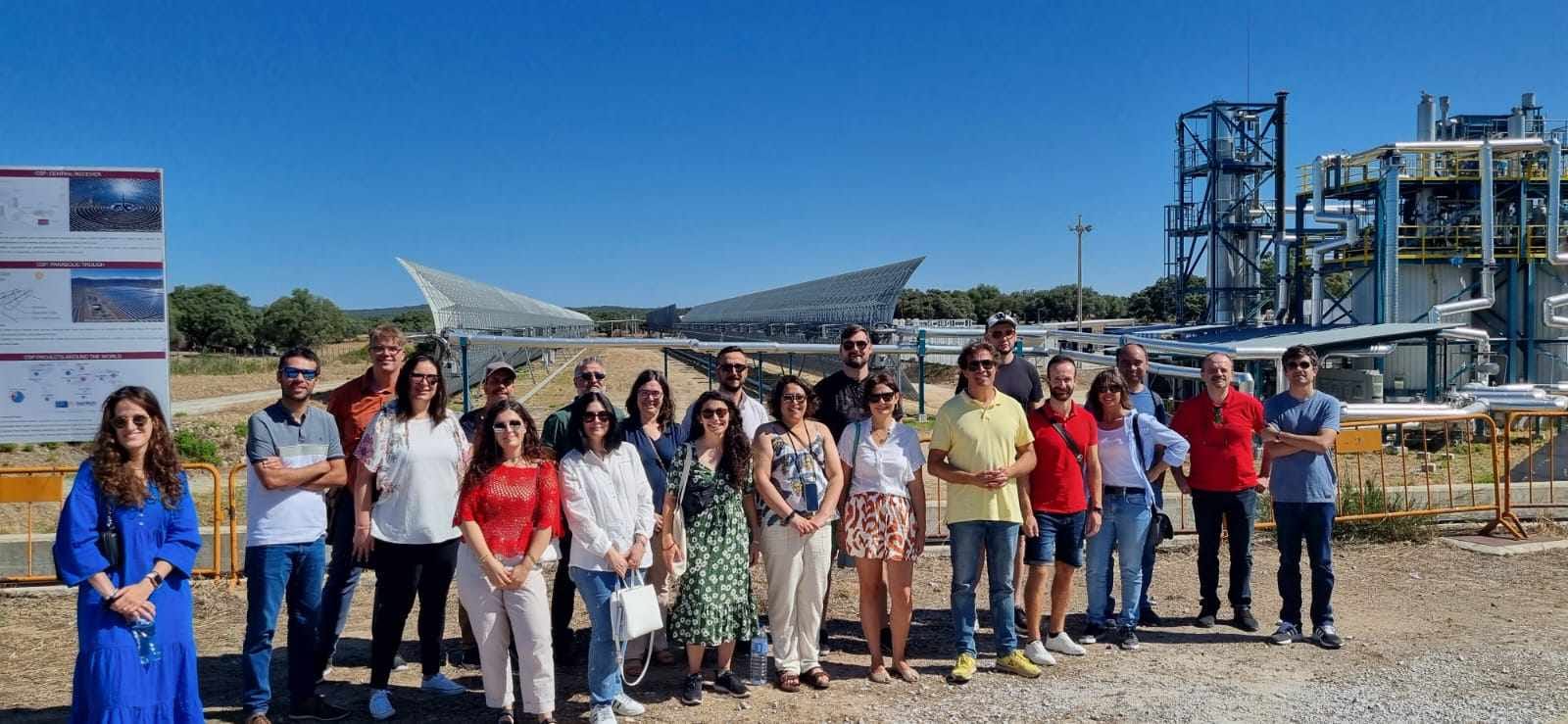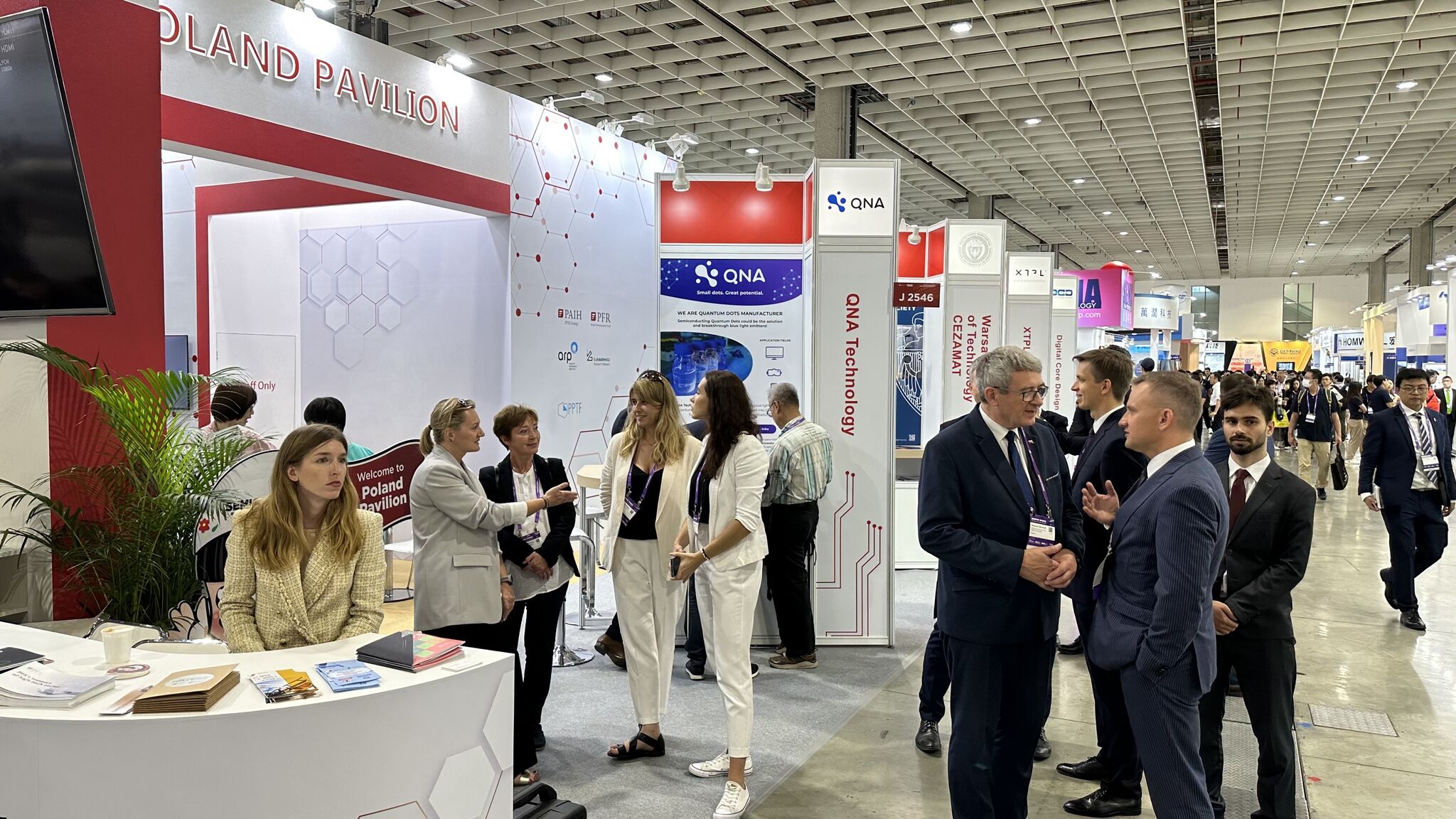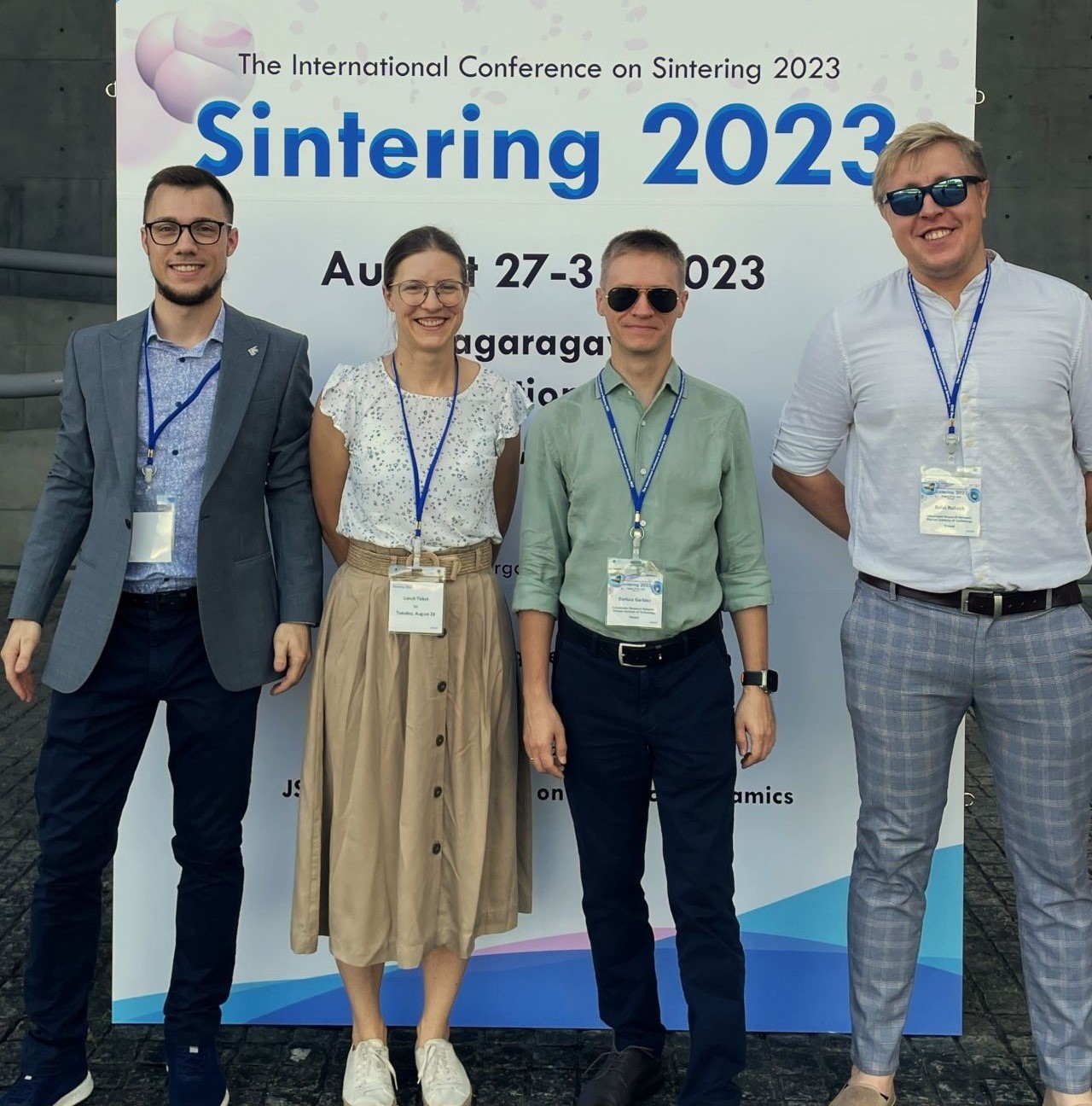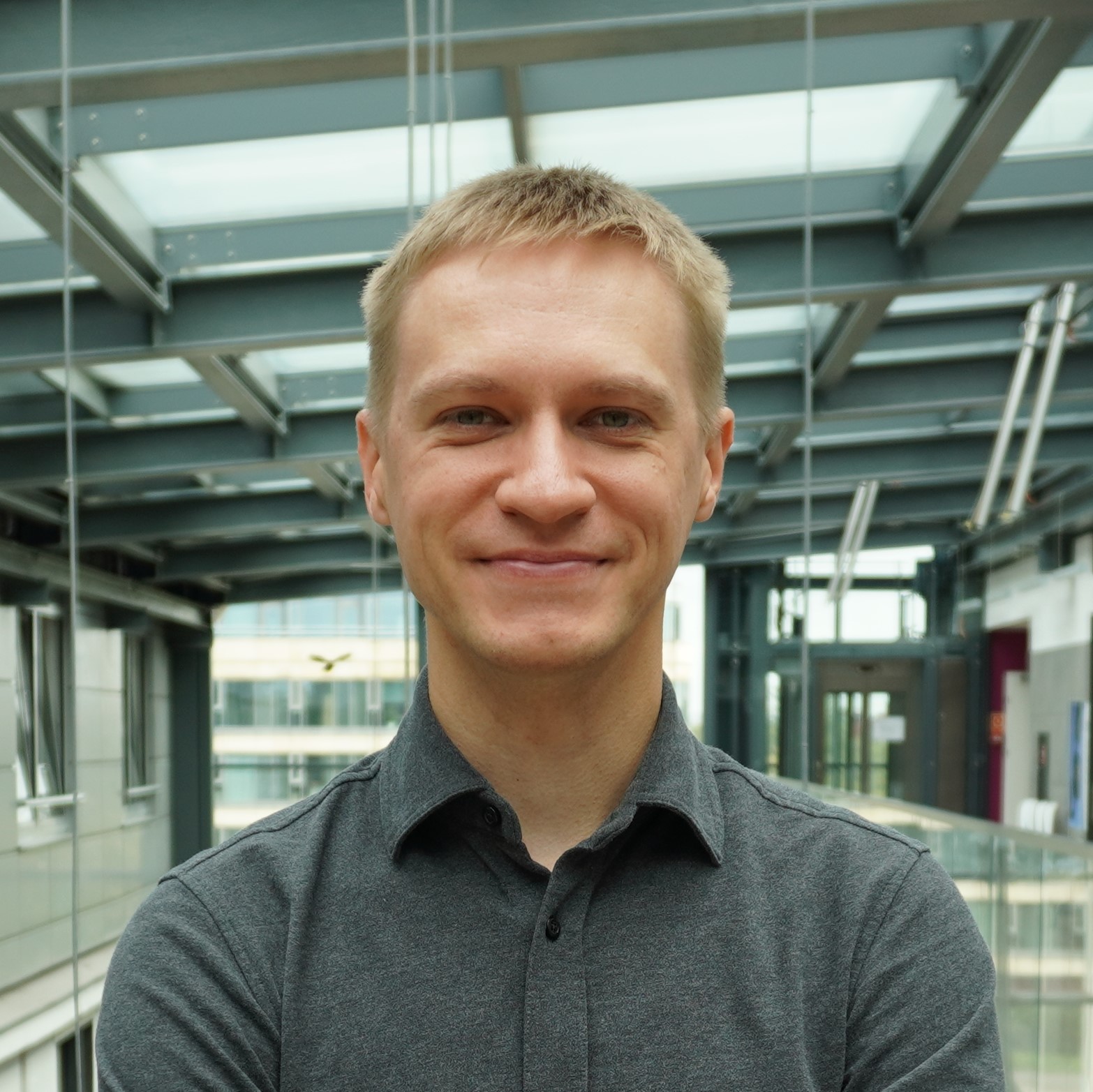PYRAGRAF- Decentralized pyrolytic conversion of agriculture and forestry wastes towards local circular value chains and sustainability

The EU-funded PYRAGRAF project has officially started in July 2023, and the commencement of the project is now being announced through this press release. The project’s first consortium get-together is scheduled to take place during its kick- off meeting on the 27th of July in the beautiful city of Portalegre.
Background
Agricultural and forest activities are of critical importance to the EU economy due to the revenues and job opportunities they generate for millions of people. With the extreme climate conditions that the globe faces, strengthening the resilience and minimizing the environmental impacts of the agriculture and forestry sectors is extremely crucial. These sectors are globally recognized as a significant source of greenhouse gas (GHG) emissions. Increasing waste products from the agriculture and forestry sectors also contribute to stagnating GHG emissions. Another contributing factor to these emissions is the large share of fossil resources used to generate energy for such activities. As a result of the adverse effects caused by climate change, 13 European countries have declared themselves to be in a situation of desertification. This phenomenon contributes to the release of more GHG into the atmosphere, reduces the area of fertile lands, and ultimately worsens product yields.
PYRAGRAF Project
Considering the previously described status, EU project PYRAGRAF aims to diversify the feedstock and technology base, accelerate the uptake of biochar and wood vinegar in the fertilizer and bio-pesticides market, and achieve this by utilizing lignocellulosic biomass residues through an innovative path that incorporates solar-assisted pyrolysis. The PYRAGRAF solution comprises a mobile biomass pyrolysis unit enhanced with concentrated solar energy to enable efficient and cost-effective production of biochar and wood vinegar at Technology Readiness Level (TRL) 6. The biochar and wood vinegar produced will be utilized in three target countries (Germany, Turkey, Portugal) with different locations, diverse climatic conditions, and varying soil characteristics to assess their potential in agricultural practices.
The PYRAGRAF project, during its 4-year duration, aims to facilitate the utilization of agricultural and forestry wastes through the implementation of innovative solutions. It seeks to contribute to local circular value chains and promote sustainability.
The PYRAGRAF methodology consists of five phases, which include the selection of feedstocks and optimization of pyrolysis processes, development of a solar-assisted mobile pyrolysis unit, demonstration of biochar and wood vinegar ecosystem services at the project’s sites, exploration of energy applications for pyrogas and bio-oil, and lastly, assessment of the techno-economic, environmental, and social sustainability aspects.
The PYRAGRAF project is coordinated by IPP, and the project consortium comprises 20 partners from 7 countries: Portugal, Germany, Turkey, Poland, Sweden, Denmark, and Italy. The consortium includes universities, non-governmental organizations, private and industrial partners, as well as a municipality, ensuring a well-balanced and diverse consortium. We are excited to kick-start the project and share our progress and results with you as we work towards achieving a more circular and sustainable approach to agriculture and forestry.




